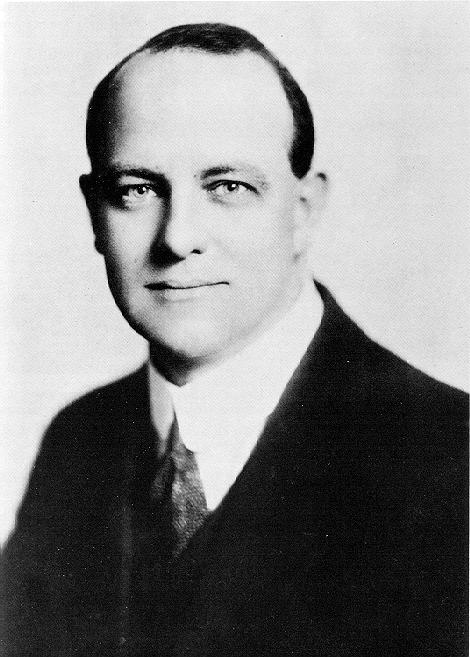
P.G. Wodehouse led a largely quiet and uneventful life. Biographers are often at a loss for really interesting, meaty stories to recount about Wodehouse other than the two most famous events in his private life.
First, he spent a large amount of time fighting tax authorities. As a British citizen living and working in America, he was being double-dipped by both taxing authorities (this was before international tax laws took into account the fact that people sometimes had to file returns in two countries).
Second, he was widely believed to have committed treason during the second World War.
He and his wife were living in France when the Nazis invaded. Wodehouse and his wife were captured and interned. Wodehouse turned 60 while being interned, and, according to their own rules of internment, the Nazis freed him.
In fact, they released him slightly before his 60th birthday, possibly because they had some plans for him.
Immediately upon his release, Wodehouse was approached by a German offering to allow him to speak on the radio about his experiences in the internment camps. Wodehouse agreed immediately, thinking this was a wonderful way to let his fans know that he was okay. He gave five radio broadcasts. The full texts of those broadcasts can be found here:
Broadcast 1
Broadcast 2
Broadcast 3
Broadcast 4
Broadcast 5
The content is innocent enough. If anything, his portrait of his captors is not exactly flattering.
But what never occurred to Wodehouse was that cooperating with the enemy in any fashion could easily be mistaken for treason. Just speaking on the radio without being coerced, any amiable interaction with the enemy looks bad and, therefore, probably is bad. The Germans certainly were aware that Wodehouse's speaking on German radio would be construed as his giving support to the Germans -- otherwise, they would not have asked him to do it.
These broadcasts went out in the wee small hours of the morning. Virtually no one in England actually heard them. The news stories that circulated said that Wodehouse had conducted broadcasts for the Germans, but they failed to mention anything about the content of those broadcasts.
Wodehouse was widely regarded as a traitor. He had his defenders, including George Orwell, but his detractors, including A.A. Milne, were far more vocal. Wodehouse never returned to England again during his lifetime.
It is generally believed that his knighthood in the mid-1970s was intended to be the government's way of telling Wodehouse, "We believe you did nothing wrong." Wodehouse was informed of the knighthood, but he passed away before the official paperwork arrived at his home.
More detailed versions of this story can be found here and here.
A recent article about Orwell, including his defense of Wodehouse, can be seen here.
And here is a recording of Wodehouse reading one of the broadcasts.









No comments:
Post a Comment